
Outstanding facilities
Our specialist classrooms replicate those used in schools so you’ll feel at home when you go on your school-based training and start your career.
Our Curriculum Centre at Falmer is home to more than 30,000 specialist resources, spanning all national curriculum subjects and including games, DVDs and a comprehensive collection of children’s books. For PE students we have extensive on-campus facilities including outdoor grass pitches, swimming pool and sports hall.
Take a virtual tour of some of our facilities:
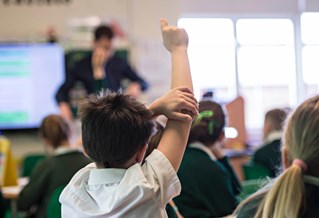
Varied school-based experience
You will get the best preparation possible before you qualify, with lots of opportunities to put your teaching into practice. We’ll make sure you are fully prepared before going on placement.
You will benefit from our partnerships with over 600 schools and colleges where you’ll gain school-based training in a variety of settings – large, small, rural and urban.
School-based training will enable you to demonstrate and grow your knowledge and make valuable school contacts which will help when you are looking for your first teaching role.
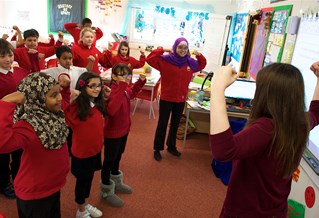
Career success
Our trainee teachers benefit from excellent employment rates after graduation that are consistently above the sector average.
University of Brighton trained teachers are highly sought after by our partnership schools and are known for their creative and innovative approaches to teaching.
Many secure teaching jobs with the schools in which they spent their placement prior to graduating.
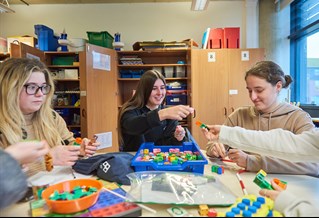
More than just QTS
On all our courses you will gain full knowledge and understanding of the relevant national curriculum. We also offer option modules so you can focus on the areas that interest you most and meet your career aspirations.
Our trainee PE teachers have opportunities to take additional NGB awards and work with schools on activities such as inclusive festivals.
You will also benefit from guest speakers and field trips which take your learning beyond the classroom.
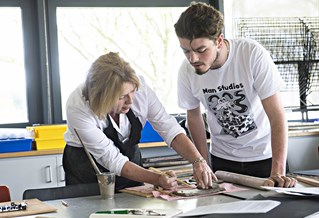
Learn with experts
You will be taught by a highly qualified and enthusiastic team with an outstanding national reputation.
Our staff were teachers themselves prior to their academic career so are fully experienced in the classroom. They will provide all the support and guidance you need to ensure you gain classroom confidence.
Research and professional expertise and interests are hugely varied across the team and tutors harness their passion and enthusiasm in support of their students.
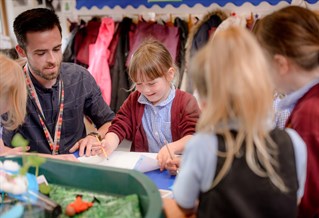
Supporting your career
We will continue to support you after you qualify through our Early Career Teachers support programme so you won’t have to start your career on your own. This ranges from offering advice to providing materials to support you in the classroom.